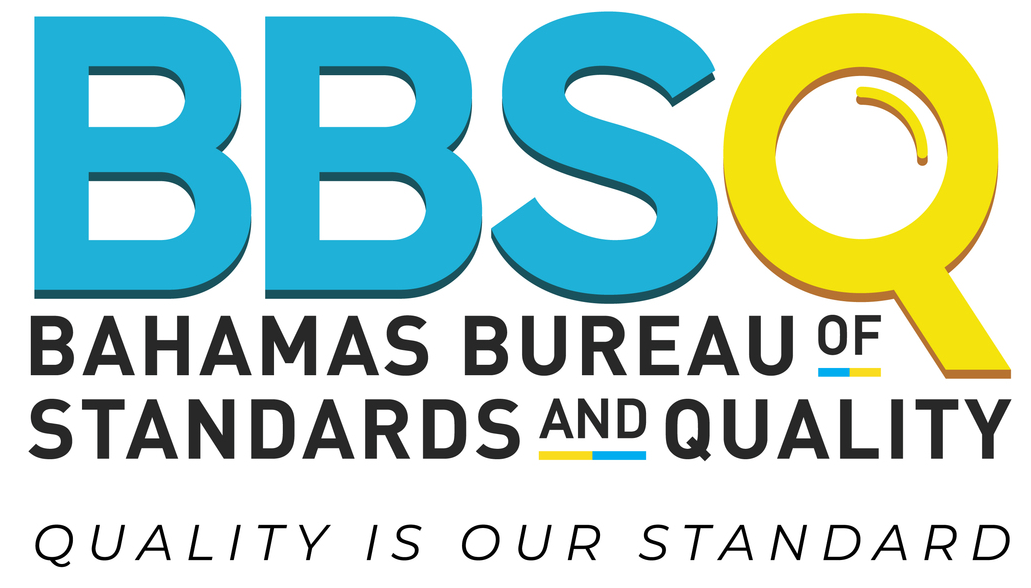The design method provided in this document addresses vibration induced by walking action of occupants and covers the following timber floor systems:
a) Light frame floors built with timber joists spaced at a distance of no more than 610 mm with a layer of structural wood-based subfloor that is connected to the joists using mechanical fasteners or adhesive. The area density of a bare light frame floors without a screed (topping) and ceiling is not greater than 25 kg/m2. Figure 1 shows such a light frame floor.
b) Mass timber floors built with mass timber panels such as cross laminated timber (CLT).
This document consists of three elements:
a) a baseline vibrational serviceability design criterion for timber floors using fundamental natural frequency and 1 kN static point load deflection as the design parameters including two types of design criteria, coupled and decoupled criteria;
b) equations for calculating the design parameters;
c) guidelines for the design values of the physical and mechanical properties of floor components.
The design method is based on the assumption that the floor system has a single span and simple support conditions.
